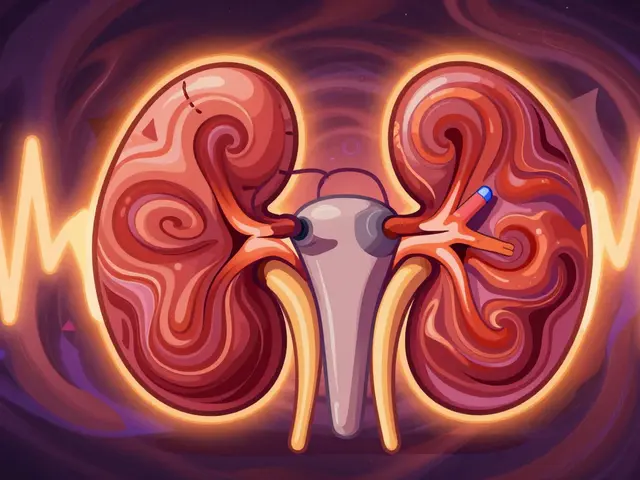
Oral Contraceptives: Your Quick Guide to the Pill
Thinking about the pill? You’re not alone. Millions of people in the UK rely on oral contraceptives to prevent unwanted pregnancy and manage periods. This guide breaks down the basics, the options you’ll find on the NHS or in pharmacies, and the practical steps to use them safely.
Types of oral contraceptives
The pill comes in two main flavors: combined and progestogen‑only. Combined pills mix estrogen and progestogen, which stop ovulation and thicken cervical mucus. They’re the most common and often come in 21‑day or 24‑day active‑tablet cycles. Progestogen‑only pills, sometimes called the “mini‑pill,” contain just progestogen. They work mainly by thickening mucus and may not always stop ovulation, but they’re a solid choice if you can’t take estrogen.
Within each group, you’ll see variations in hormone dose and brand name. Lower‑dose combined pills reduce the risk of side effects like nausea, while higher‑dose versions might be prescribed for specific menstrual issues. Some brands offer extended‑cycle regimens – for example, three weeks of active pills followed by a week of placebo – which can mean fewer periods per year.
Choosing and using the pill safely
First, talk to your GP or a qualified pharmacist. They’ll ask about your health history, any meds you’re on, and lifestyle factors. Certain conditions – like a history of blood clots, smoking over 35, or severe migraines – may rule out estrogen‑based pills. If you’re unsure, the mini‑pill is often the safer fallback.
When you start the pill, you have a few timing options. You can begin on the first day of your period, which gives immediate protection, or use a backup method for the first seven days if you start later. Set a daily alarm or use a phone reminder – missing a pill by more than 12 hours can lower effectiveness.
Watch for side effects. Common ones include mild spotting, breast tenderness, or a slight weight change. Most settle after a few months. If you experience severe headaches, leg pain, or unusual mood swings, call your doctor right away – these could signal a rare but serious issue.
Remember the pill doesn’t protect against sexually transmitted infections (STIs). Keep condoms handy if STI protection matters to you.
Refills are simple: most NHS prescriptions last three months, and you can request a repeat online or by phone. If you travel abroad, bring a few extra packs and check the local regulations for bringing medication.
Finally, know when to stop. If you decide to quit, the pill’s effects wear off within a week, and your fertility usually returns quickly. Some people switch to other methods like a hormonal IUD or a contraceptive implant; your doctor can guide the transition.
Bottom line: oral contraceptives are a reliable, flexible option for many people. With a quick chat with your healthcare provider, a little reminder system, and awareness of how your body reacts, you can make the pill work for you without hassle.
-
6 Sep






